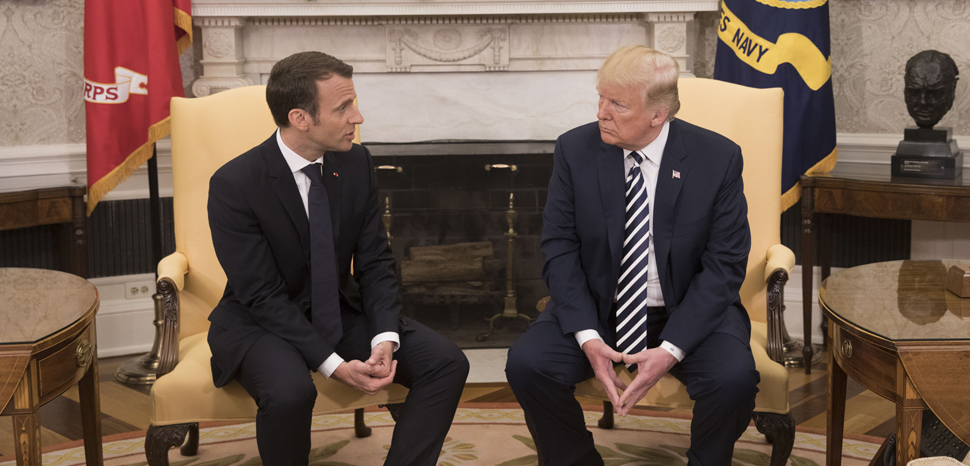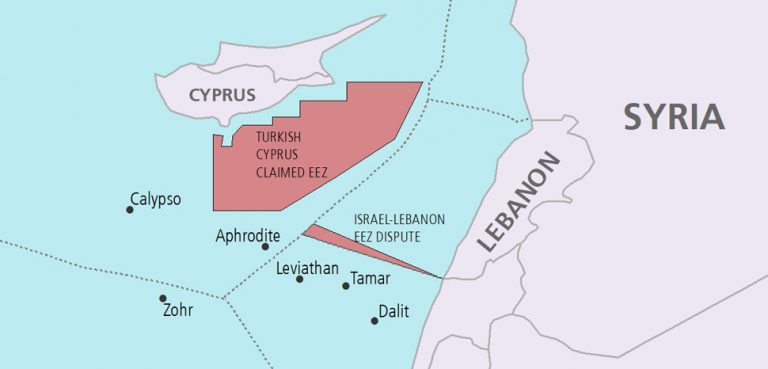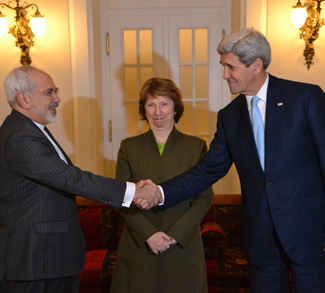Summary
President Trump’s withdrawal from the Iran nuclear deal has left the EU in a bind. Brussels had tried, and now very publically failed, to convince its US ally to reverse course, and most of the new economic inroads made in Iran post-2016 were blazed by European rather than US companies. Iranian oil exports are also far more geopolitically important to the EU, which is always seeking new ways to diversify its energy supply away from Russia. The United States on the other hand stands to gain as an ascendant oil exporter; for one, the resulting price disruptions in the oil market can allow US producers to keep the pumps running at maximum capacity without alienating a key ally in Saudi Arabia.
In purely economic terms the Iran nuclear deal was far more beneficial to the EU, and now that Washington has made the unilateral decision to tear it up, we can expect some trans-Atlantic friction to result. But this is not the first dust-up of the “America First” era, and EU leaders are openly tiring of their lack of agency in Washington’s geopolitical calculus. Will the Iran nuclear deal come to be the straw that broke EU-US solidarity?




